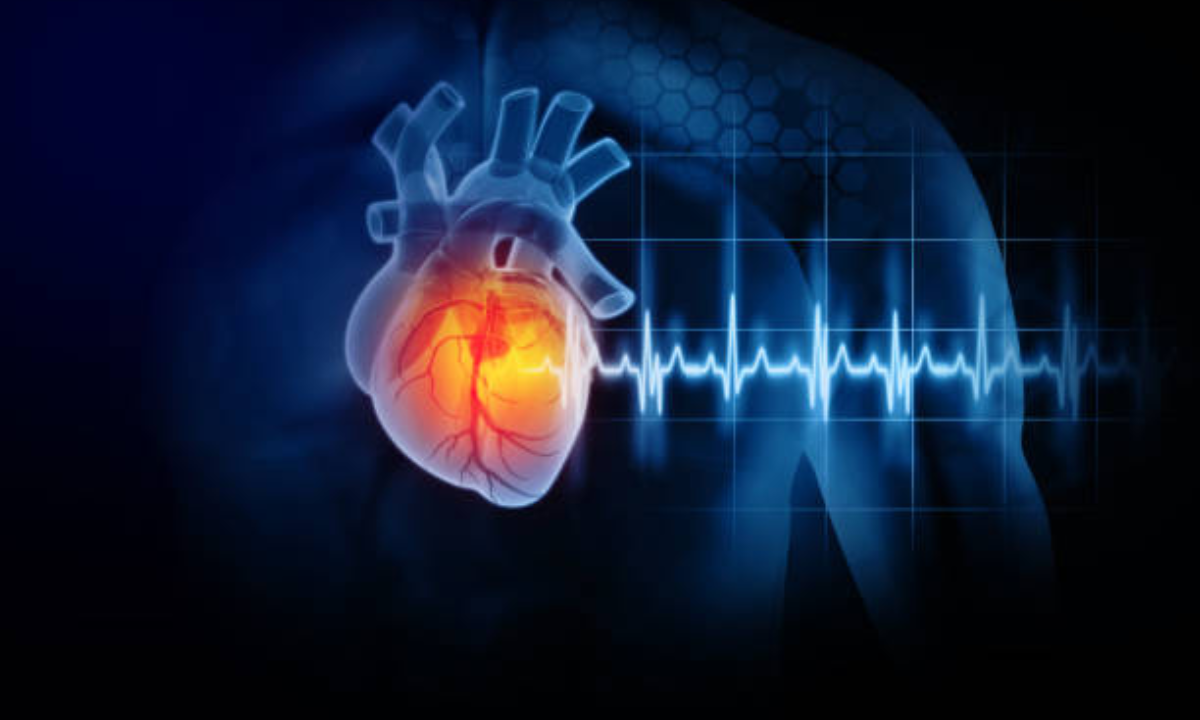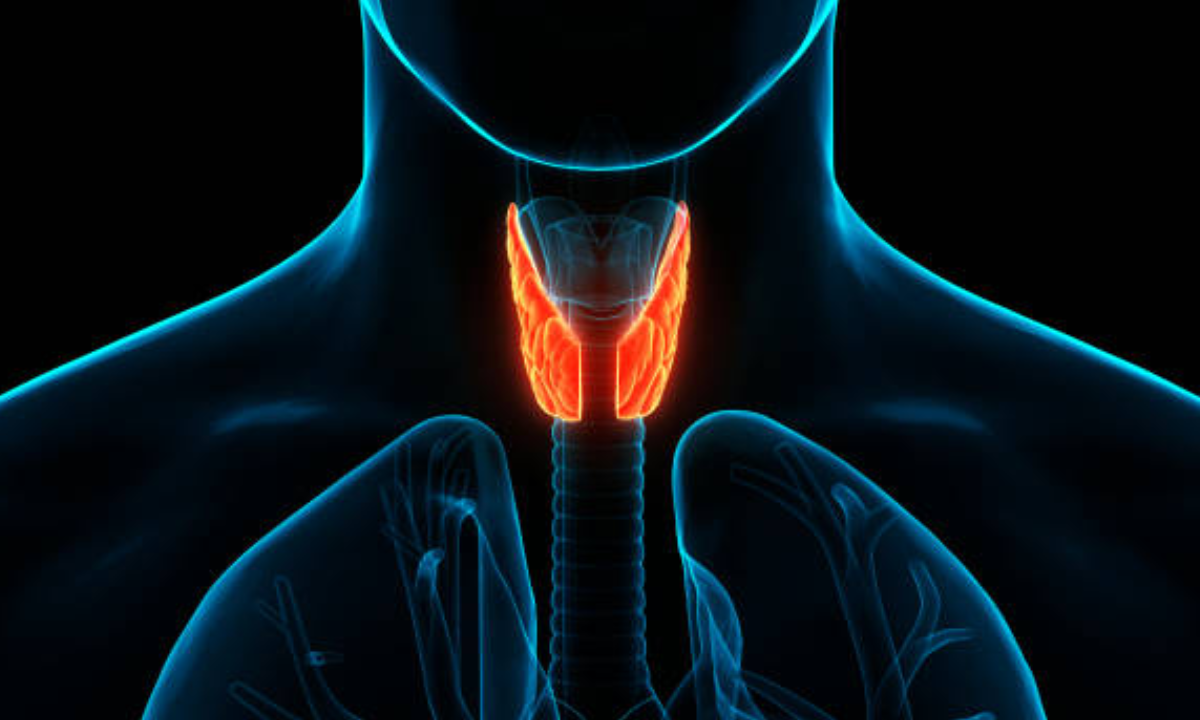Thyroid cancer is a relatively prevalent form of cancer that impacts the thyroid, which is a tiny butterfly-shaped gland in the neck region. Effective treatment and better health outcomes depend on early detection and precise diagnosis and that is where CT Scans for Thyroid Cancer come into the picture.
CT scans have been a reliable diagnostic technique in the treatment of thyroid cancer in recent years. In this article, the relevance of CT scans in clinical practice is examined along with their involvement in the diagnosis of thyroid cancer.
Understanding CT Scans
Medical imaging methods like CT (Computerised Tomography) and CAT (Computerised Axial Tomography) scans combine X-ray technology with cutting-edge computer technology.
The comprehensive cross-sectional pictures that a CT scan produces give healthcare professionals important information about the interior organs and abnormalities. It captures images from various perspectives and angles and creates three-dimensional (3D) imagery.
When And Why CT Scans Are Recommended?
CT Scans are mainly associated with and assist in the detection of any defects or deformations in any part of the body. Though CT Scans are mostly known for diagnosing or detecting cancerous cells, any abnormalities can be pictured and found through CT scanning.
- CT Scans for Cancer
- Evaluating Traumatic Injuries
- Investigating Abdominal and Pelvic Conditions
- Assessing Chest Conditions
- Examining Head and Brain Abnormalities
- Guiding Surgical Planning
- Monitoring Vascular Conditions
- Assisting in Orthopedic Evaluations
CT Scans for Thyroid Cancer are recommended since early detection can help with better treatment and evaluation of the condition thereby reducing health risks.
It is also important to note that CT scans only take place if recommended by a medical professional.
What To Expect During CT Scans For Thyroid Cancer?
It’s normal to have concerns concerning what is expected during a CT (Computed Tomography) scan if your healthcare provider recommended one for you. You might feel more at ease and prepared if you are aware of the process involved in a CT scan for Thyroid Cancer. Here is a brief idea of what can be anticipated:
- Getting ready for the CT Scan: Your healthcare professional may give you particular instructions prior to your visit. These may include fasting, dietary restrictions, or avoided use of specific medications.
- Check-in and Registration: You may be expected to answer a few questionnaires relating to Identification, insurance details, and other necessary paperwork. You will be assisted by the staff in registering and you can clarify any queries you may have. The radiographer further briefs you on the CT Scan procedure.
- Changing into a gown: You could be requested to put on a hospital gown to make sure your clothing won’t affect the findings of the CT scan for cancer.
In The Scanning Room-
The machine used for CT scans for Thyroid Cancer is a huge, doughnut-shaped device.
You could be given a contrast medium injection through the cannula. Through the Scanning process, you may observe;
- Feeling heated and flushed for a few minutes
- A metallic sensation in your mouth
- Feeling as though you’re urinating (but you’re not) – This sensation is typically common and rapidly passes.
If having a scan makes you feel claustrophobic or uncomfortable, keep your radiographer informed.
Undergoing a CT Scan
- Positioning on the CT Scan Table: You will be instructed to lie down on a table that slides through the CT scanner. The technician will assist you in finding a comfortable position and make sure the region of concern is correctly positioned with the scanner.
- Acquisition by Scan: The CT technician will leave the room once you are in the ideal posture and start the scanning procedure. The CT scanner will revolve around you as it takes several cross-sectional pictures. To get clear and precise photos, it is critical to keep still as much as possible.
- Observing the Scanning Procedure: The CT technician will keep a careful eye on you from the control room during the CT scan for Thyroid Cancer. They will maintain conversations through an intercom and, if necessary, may give you further instructions.
- Scan completion: The table will be released from the CT scanner after the scan is finished. The radiographer returns to the room and lowers the table so you can get off the scanning machine and ensures your comfort.
- Post-Scan Care: After the scan, you’ll receive instructions on any required post-scan care. You might be told to drink a lot of water to assist your body flush the contrast material if used.
- Getting your results: The result of the CT scan for Thyroid Cancer is typically released 1-2 weeks after the process. A radiologist will examine the recorded pictures, analyze the results, and write a report for your healthcare physician. The outcomes will be addressed to you during a follow-up session with your healthcare physician.
Potential Risks Associated with CT Scans
CT scans are often used in medical settings and are usually regarded as safe. But there might be hazards, just as with any radiation-based medical procedure. Here are a few potential risks involving CT scans:
- Radiation Exposure: CT scans for thyroid cancer rely on ionizing radiation to provide detailed pictures of the body. Although a single CT scan has a minimal radiation dosage, repeated or unwanted radiation exposure can raise the risk of chronic side effects.
- Contrast Material Reactions: The contrast substance may cause allergic reactions in some people. If you have previous experience with allergies as such, it’s crucial to let your healthcare professional know.
- Kidney Damage (Contrast-Induced Nephropathy): The contrast material used for CT scans has the potential to induce kidney damage in those who already have kidney-related issues.
- Cumulative Radiation Effects: There can be a cumulative impact of radiation exposure if you’ve had several CT scans or other medical procedures that exposed you to radiation in the past.
- Potential Impact on Developing Fetuses: Given the possible dangers connected with exposure to radiation to the growing fetus, pregnant women are suggested to proceed with caution.
It is important to remember that CT scans often have minimal risks, especially when they are medically necessary. On a case-by-case basis, healthcare professionals carefully assess whether the scan is necessary and balance any potential hazards with probable benefits.
Conclusion
Now that you have a detailed overview of CT scans for Thyroid Cancer, it becomes important to find a reliable CT Scan centre to go further. Various diagnostic centres offer CT scans for cancer in Bangalore. If you are on the lookout for a reputable diagnostic centre that provides competent services of CT Scans for cancer, look no more. Kiran PET-CT Scan, the best diagnostic centre in Bangalore is here to avail your services. Contact Us.






